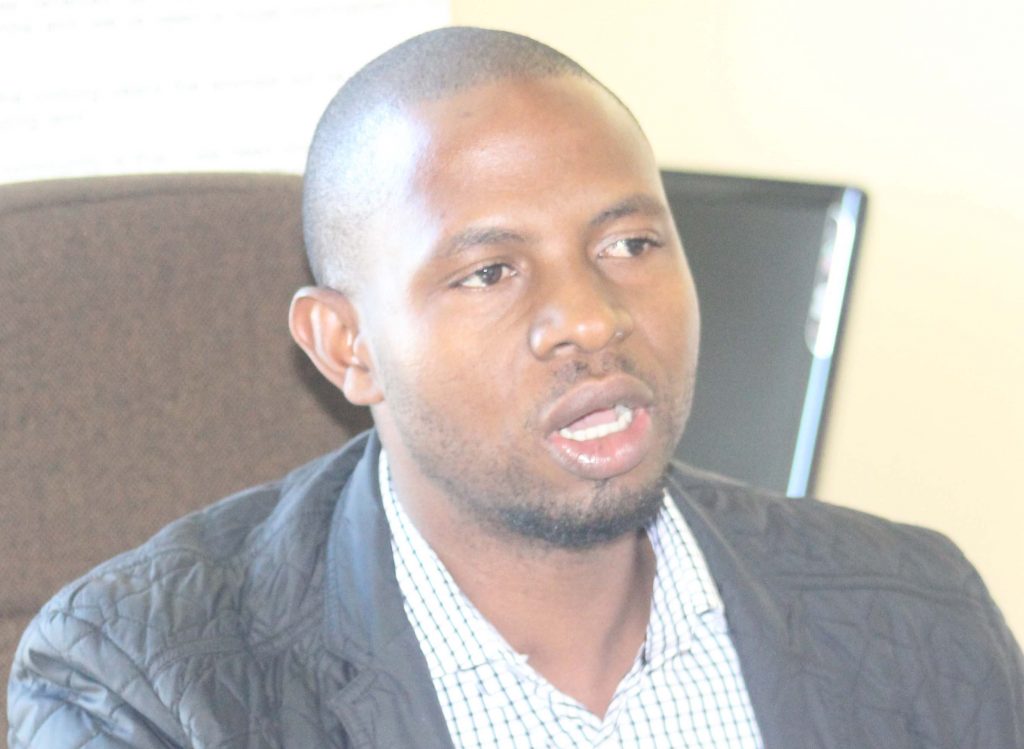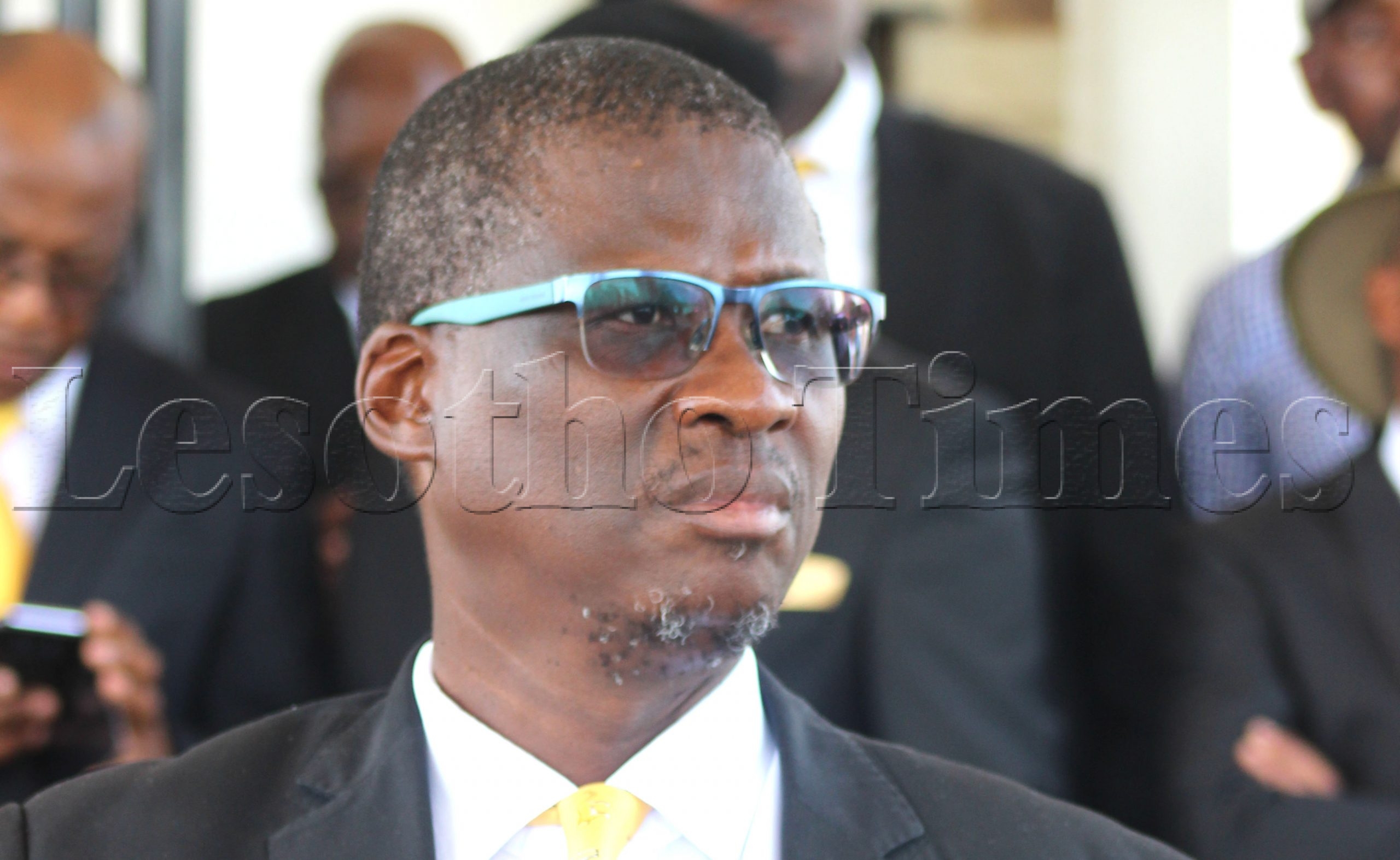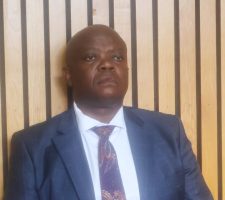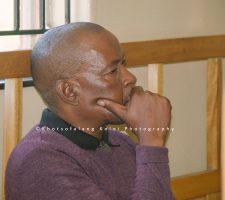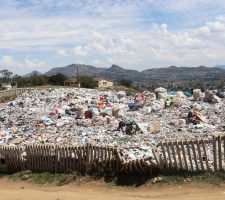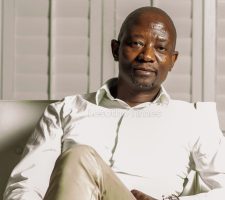
The Lesotho Meteorological Services on Saturday held Earth Hour celebrations at Maseru Mall. The event was graced by Her Majesty Queen ’Masenate Mohato Bereng Seeiso, who is also the Ambassador of Earth Hour Lesotho. Energy and Meteorology Minister Selibe Mochoboroane, and other senior government officials were also at the commemoration.
Earth Hour is organised by the World Wide Fund for Nature (WWF)—an international non-governmental organisation founded on 29 April 1961 to work in the field of biodiversity conservation and the reduction of humanity’s footprint on the environment. Started as a lights-off event in Sydney, Australia in 2007, Earth Hour has since been held annually towards the end of March to encourage individuals, communities, households and businesses to turn off their non-essential lights from 8:30 to 9:30 pm, as a symbol for their commitment to the planet. Today, Earth Hour engages a massive mainstream community on a broad range of environmental issues.
Principal Meteorologist, Mokoena France, speaks with Lesotho Times (LT) reporter, Lekhetho Ntsukunyane, about the event and other climate-related issues.
LT: Could you tell us more about Earth Hour and why it is important to the broader community?
France: The Earth Hour awareness campaign started in 2007 in Sydney, Australia. It was an effort by ordinary citizens to make a clarion call and exert pressure against factors contributing to climate change. Apparently, at that time, the Australian government was skeptical about climate change issues. So this actually was an effort by civil society to put pressure on the authorities to come up with climate-friendly policies. Like I said, this started in Sydney but then the campaign took momentum and spread to other countries. Lesotho joined the campaign in 2011. Because this year, the last week of March when the event is supposed to be celebrated, coincides with Easter holidays, Lesotho decided to commemorate it on 19 March.
LT: What happens during the commemoration?
France: The Earth Hour campaign encourages the general public to switch off all their non-essential electrical appliances in an attempt to reduce greenhouse gas emissions. The campaign is marked by turning off all non-essential electrical appliances for one hour between 8:30 and 9:30pm. Normally, this is also accompanied by celebrations at a particular venue. However, people are not forced to turn off their lights, but should do so voluntarily. It is a voluntary process. This does not only save the climate but also the energy used. So the climax of the event is when the lights are turned off during that peak hour.
LT: Has Her Majesty always been involved in Lesotho’s commemorations of Earth Hour?
France: First of all, this event is driven by civil society and organised by Khaya Holdings. As government, we just come in as a partner. Her Majesty, on the other hand, accepted to be the Ambassador of Earth Hour in Lesotho last year. This means she could not have actively taken part in the event before then. Last year, she made a speech that was aired on national television. You will remember that the new government was elected in February last year. So the government could not also actively be part of the event because it had just been elected. However, this year, we were fully part of the event.
LT: What does energy or the use of electricity have to do with the climate?
France: Climate change is caused by what is commonly termed global warming. Global warming means the increase of the global average temperature due to the increase of greenhouse gas emissions into the atmosphere. By greenhouse gases, we mean carbon-dioxide and others. These gases, when they congest in the atmosphere, affect the climate. It is important to mention where these greenhouse gases come from. For instance, most of the electricity we use is generated through burning coal. And as you burn the coal, carbon-dioxide is produced. So the more we use electricity, the more it needs to be generated, hence more carbon-dioxide emissions into the atmosphere. This is why we are saying let us reduce energy usage to save the climate. That is the whole idea.
LT: What are consequences of climate change?
France: The consequences come in different forms depending on location, but they are all dangerous. These include excessive heat, which also leads to a rise in the sea level. When there is too much heat, it melts the ice normally found in some parts of the seas. The melting increases water volumes. And where there are coasts, in some other countries, it means the water level rise is going to affect the settlements. The same happens with islands. Already there is a projection that some island countries will soon sink below water levels. Climate change also affects the freshness of water in general while it also causes severe drought. This further affects agricultural production, leading to poverty. It affects our natural vegetation. It eradicates some of the good vegetation we have in the country. Some of the vegetation we use for medicine as Basotho. Coming to the health sector, there are some diseases which cannot be found in Lesotho although they are rampant in other countries. This is because of the climate that we have. For instance, there is what is called tropical diseases, like malaria, found in very hot countries. If we also have the same climate with temperatures increasing to that level then it means those diseases are going to find their way into Lesotho. And as new diseases in the country, it means it will take us more time to find ways to deal with them. It’s a big challenge for us. Climate change even affects culture. It affects our seasons of the year. It is such a drastic change because it will even determine what we should eat. It affects the economy of a country.
LT: There is debate that Lesotho is one of the countries which do not emit greenhouse gases. It is argued that developed countries are the ones emitting the gases which are causing climate change. People, therefore, suggest that we should not bother about these issues…
France: Climate change has two main thematic areas—mitigation and adaptation. Mitigation attempts to deal with the causes of climate change, while adaptation deals with its impact. Rightly people are saying climate change is caused by developed countries whose greenhouse gas emissions are massive. We call them big emitters. But the impact of climate change is felt by us. Least-developed countries are the ones most vulnerable to the impacts of climate change. We have the United Nations Framework Convention on Climate Change where many countries, including Lesotho, are signatories to the document. If we can say the big-emitters should be the ones pressed to reduce emissions and not us, we will not only be undermining this convention, but we are also going to suffer a lot because the big-emitters may not see any urgency to stop the emissions without us doing the same. We need to do something as much as they have to do something themselves. Remember, the big-emitters have money and they can use it to adapt to climate change. We don’t have the capacity to easily adapt ourselves. It means we will die. People miss this in their argument. Again, technology is the integral part of development. Now, if we say the climate was changed by the countries using ‘dirty’ technology, it means we are saying they should change to ‘clean’ technology. And while we say that you should remember we don’t have the capacity to even produce ‘dirty’ technology ourselves. We are just consumers of whatever technology they produce. This means we remain with the challenge of moving towards the direction where the rest of the world is going. In any case, developed countries are also bound by the convention to assist the least-developed countries with mitigation plans to fight climate change.
LT: Beyond Earth Hour, what should Basotho do to save the climate?
France: The Earth Hour initiative is just to make people aware that we have this opportunity to save the planet from climate change. If you are able to switch off lights and non-essential appliances for an hour and save energy and the planet, imagine what that will do if it is practised every day. If we can save so much in an hour, we make this part of our lives and save a lot more than we are saving now. We should try to use electricity efficiently all the time.




